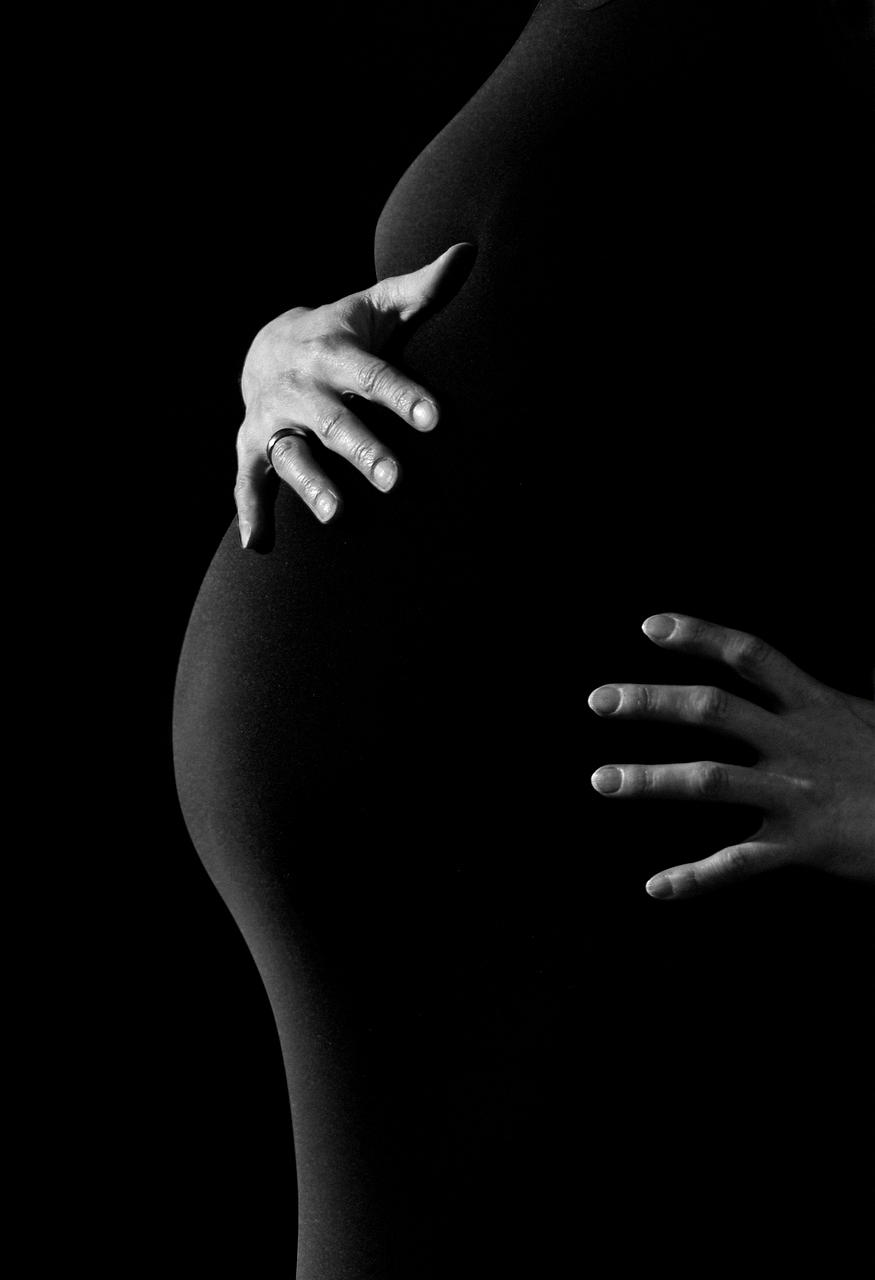Feeling sick at night in late pregnancy can be a common and unpleasant experience for many expectant mothers. The third trimester, in particular, can bring about various discomforts, including nausea and digestive issues that can disrupt your sleep and overall well-being.
Impact of Late Pregnancy on Digestion
During late pregnancy, as your baby continues to grow, your organs and internal space become more cramped. This can lead to a slowdown in digestion, causing food to move more slowly through your system. As a result, you may experience symptoms such as constipation, abdominal bloating, and gas, which can contribute to feelings of nausea.
Common Symptoms of Digestive Discomfort
Aside from nausea, other common symptoms of digestive discomfort in late pregnancy include heartburn, indigestion, and acid reflux. These issues can be exacerbated at night when you lie down, allowing stomach acid to creep up your esophagus and trigger discomfort.
Hormonal Changes and Nausea
Hormonal fluctuations can also play a significant role in late pregnancy nausea, especially during the third trimester. The surge in hormones like progesterone can relax the smooth muscles of your digestive tract, leading to slower digestion and potential nausea.
Changes in Blood Sugar Levels
Another factor that can contribute to feeling sick at night in late pregnancy is fluctuations in blood sugar levels. It’s essential to eat small, frequent meals throughout the day to help stabilize your blood sugar and prevent dips that could trigger nausea.
Stress and Fatigue
The physical and emotional strain of late pregnancy can also take a toll on your well-being. Stress and fatigue can worsen digestive symptoms and increase feelings of nausea, especially when you’re trying to rest at night.
Tips to Manage Nighttime Nausea
There are several strategies you can try to help alleviate nighttime nausea during late pregnancy. Eating smaller meals, avoiding trigger foods, staying hydrated, and propping yourself up with pillows while sleeping can all make a difference.
Consulting with Your Healthcare Provider
If you’re experiencing severe or persistent nausea at night in late pregnancy, it’s essential to talk to your healthcare provider. They can provide personalized advice and recommendations to help manage your symptoms and ensure the health and well-being of you and your baby.
Importance of Self-Care
Remember to prioritize self-care during late pregnancy, including getting adequate rest, staying active, and seeking support from loved ones. Taking care of your physical and emotional well-being can help reduce nighttime nausea and improve your overall pregnancy experience.
Conclusion
In conclusion, feeling sick at night in late pregnancy is a common occurrence that can be attributed to a combination of factors, including digestive issues, hormonal changes, blood sugar fluctuations, stress, and fatigue. By implementing self-care strategies, seeking guidance from your healthcare provider, and making lifestyle adjustments, you can manage nighttime nausea and enhance your well-being during this pivotal stage of pregnancy.

